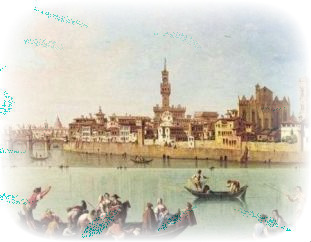


|
|||||||||
|
|
 |
iphone x screen protectors glassSKU: EN-E10031 iphone x screen protectors glassSofia felt the urge to help last fall when she saw images of Alan Kurdi, the 3-year-old Syrian toddler whose body washed up on a beach in Turkey after he'd drowned in the Aegean. The photo, showing a Turkish officer cradling Kurdi in his arms, went viral -- and opened everyone's eyes to Europe's humanitarian crisis. She started by raising funds through Generosity.com, part of crowdsourcing site Indiegogo, to send a nurse and translator to Greece. She then helped create a grassroots organization called Information Point , which now runs Facebook groups and websites to coordinate independent volunteers and share information. GreeceVol.info, the group's main site, includes a 16-page Google document crash course on volunteering in Greece, with regularly updated bulletins for supply needs and volunteer opportunities. Since February, she's also helped work with the volunteer group Are You Syrious, as well. A view of Lesvos, Greece, that tourists see, Kiki Michailidou hears a lot about pain, A psychologist for the International Rescue Committee, Michailidou iphone x screen protectors glass works at a government-run refugee camp on the Greek island of Lesvos, where she talks migrants through depression, anxiety, grief, panic attacks and suicidal thoughts, "They've been through lots of distress," she tells me, as we sit at a table under a blue tarp just outside the Kara Tepe camp's front gate, "They used to be people like you and me, They had their lives, they had their homes."And now?.. "They don't have anything. They've left everything behind," she adds. "They've seen horrible things, in their countries and on the way here."Despite the difficulties of her job, Michailidou, 36, is upbeat and friendly, quick to smile. She tells me why phones have become a critical outlet for refugees, allowing them to find out the latest news and send pictures to family. Many migrants showed me pictures of their former selves, when they had different haircuts and weren't wearing secondhand clothes. In those old photos, they are often smiling. Earlier during my visit to Lesvos, I met Faisal Nasan Agna, a 47-year-old Vodafone dealer who moved from Syria to Greece in 1990, He now sells SIM cards and and chargers to refugees, "You know the meaning of the phone for them?" he asks me, sitting at a cantina outside the Moria refugee detention center a short drive from Kara Tepe, "The phone is family, iphone x screen protectors glass the phone is connections, You can lose everything in your house, but take it with you in your phone." -- Ben Fox Rubin, Mohammed Ali walks through the faded-red, corrugated steel doors of an abandoned stone-and-brick building overlooking the Aegean Sea along the port of Athens, The inside is dank, dark and stuffed with tents.. Ali, a 26-year-old Syrian, wears a checkered shirt with an open collar and jean shorts. His hair is gelled, his beard closely cropped. He walks slowly between the tents as people living there walk up to him with questions. One man asks about his wife's medical needs. Another asks Ali to help him turn on his dead phone. Ali greets people warmly, listens patiently and does his best to offer guidance. He speaks carefully when he replies in English, his accent both British and Middle Eastern. Life is safer but uncertain for Mohammed Ali, 26. "I just want to be at level zero, because here we are before level zero..I was in Syria a number and here I am still a number. I have to be a person."For months, he's been making rounds like this at the Piraeus port, volunteering as a translator and assistant for those with medical needs, unaccompanied minors and single mothers with children.
|
|
|
|
||
| Site Map |
